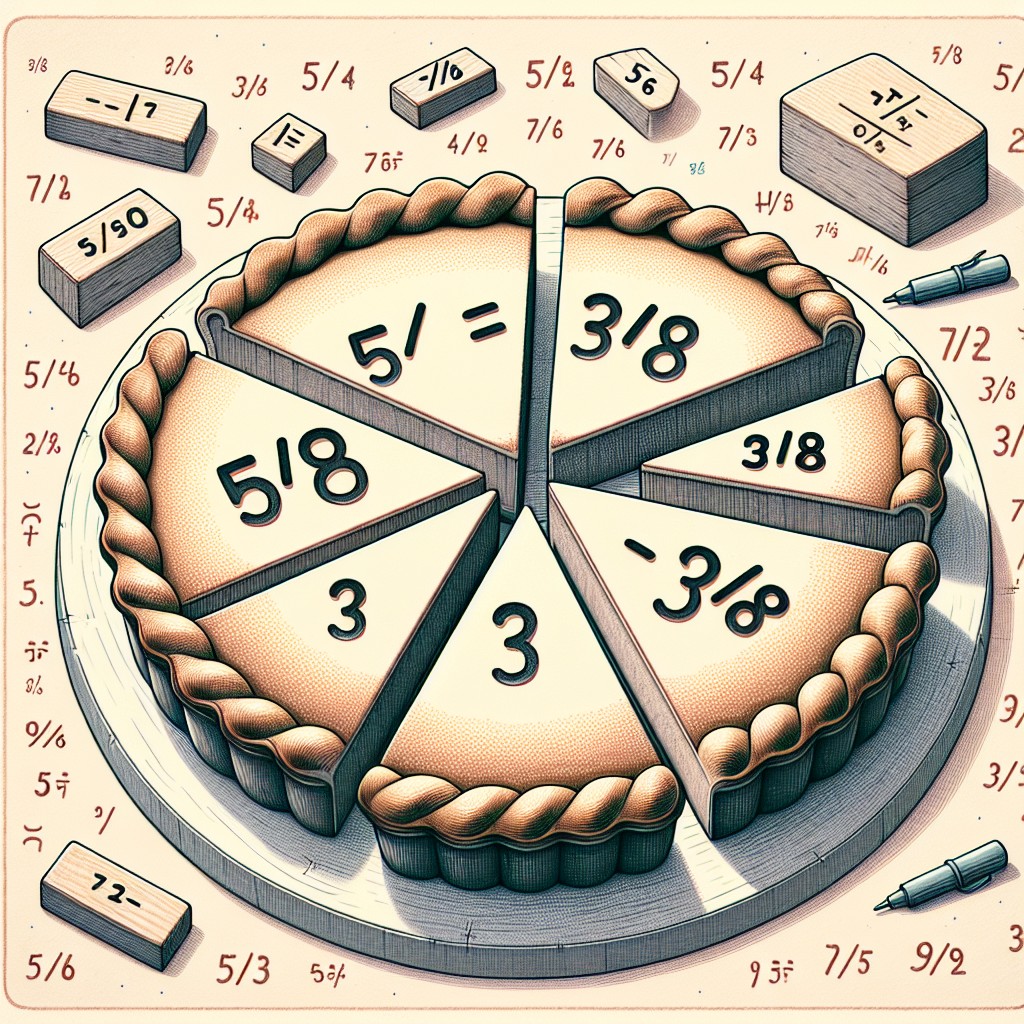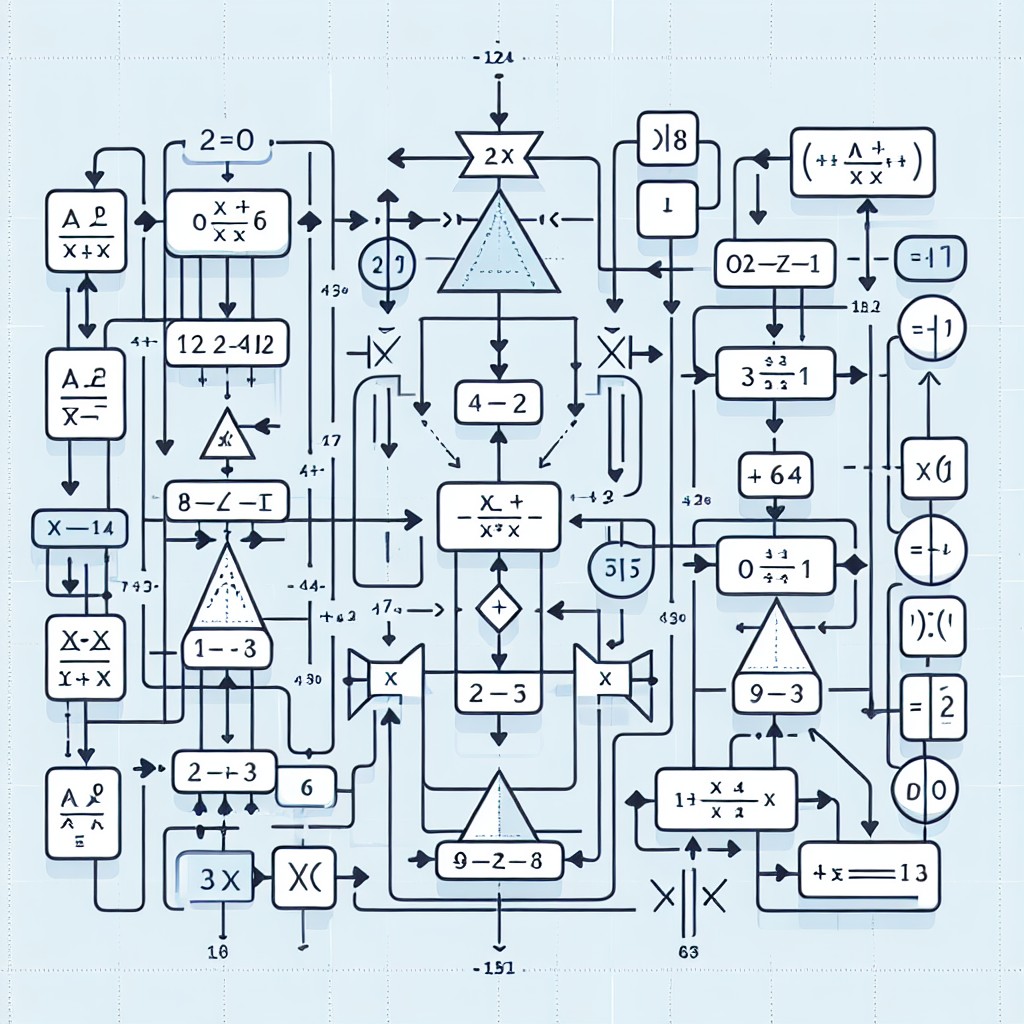Mental maths is the ability to perform calculations in your head without the use of any external tools, such as a calculator or pen and paper. It is an important skill to have as it allows individuals to solve problems quickly and efficiently. Mental maths is not only useful in academic settings, but also in everyday life. From budgeting and financial planning to time management and cooking, mental maths plays a crucial role in various aspects of our lives.
Summary
- Mental maths is the ability to perform calculations in your head without the use of a calculator or written methods.
- It is important because it helps to improve problem-solving skills, boosts confidence, and enhances overall mathematical ability.
- Regular practice of mental maths can lead to improved memory, faster thinking, and increased accuracy.
- Mental maths can be applied to everyday situations such as calculating change, budgeting, and measuring ingredients in cooking.
- Children can benefit from mental maths strategies such as using visual aids and breaking down problems into smaller parts, while adults can use techniques such as estimation and approximation.
What is Mental Maths and Why is it Important?
Mental maths refers to the ability to perform calculations mentally, without the use of any external aids. It involves using mental strategies and techniques to solve mathematical problems quickly and accurately. Mental maths is important because it allows individuals to solve problems on the spot, without having to rely on external tools. It helps develop critical thinking skills, improves memory and concentration, and boosts confidence.
Tips and Tricks for Improving Mental Maths Skills
1. Practice regularly: Like any other skill, mental maths requires regular practice to improve. Set aside some time each day to practice mental calculations. Start with simple problems and gradually increase the difficulty level as you become more comfortable.
2. Break down complex problems: When faced with a complex problem, break it down into smaller, more manageable parts. This makes it easier to solve the problem step by step, rather than trying to tackle it all at once.
3. Use visualization techniques: Visualize the problem in your mind and try to see the numbers and calculations as images or patterns. This can help make the calculations easier to understand and remember.
4. Learn shortcuts and tricks: There are many shortcuts and tricks that can be used to solve mental maths problems more quickly. For example, learning multiplication tables can help speed up calculations involving multiplication.
The Benefits of Practicing Mental Maths Regularly
1. Improved memory and concentration: Regular practice of mental maths exercises can improve memory and concentration. It requires individuals to focus and retain information in their minds, which can help improve overall cognitive abilities.
2. Increased confidence: As individuals become more proficient in mental maths, their confidence levels increase. They feel more capable of solving problems quickly and accurately, which boosts their self-esteem.
3. Better problem-solving skills: Mental maths requires individuals to think critically and find solutions to problems on the spot. This helps develop problem-solving skills that can be applied to various aspects of life.
How Mental Maths Can Help with Everyday Life
1. Budgeting and financial planning: Mental maths is essential for budgeting and financial planning. It allows individuals to calculate expenses, savings, and investments quickly and accurately.
2. Time management: Mental maths helps individuals manage their time more effectively. It allows them to calculate how long tasks will take and plan their schedules accordingly.
3. Cooking and baking: Mental maths is useful in the kitchen when measuring ingredients or adjusting recipes. It allows individuals to make quick calculations without the need for measuring cups or scales.
Mental Maths Strategies for Children

1. Counting games: Engage children in counting games that require mental calculations, such as counting objects or skipping numbers.
2. Flashcards: Use flashcards to practice basic arithmetic operations, such as addition, subtraction, multiplication, and division.
3. Mental maths worksheets: Provide children with mental maths worksheets that gradually increase in difficulty. This helps them practice different types of problems and improve their mental maths skills.
Mental Maths Techniques for Adults
1. Speed drills: Set a timer and challenge yourself to solve a set of mental maths problems within a specific time limit. This helps improve speed and accuracy.
2. Mental maths challenges: Participate in mental maths challenges or competitions to test your skills against others and push yourself to improve.
3. Online resources: There are many online resources available that provide mental maths exercises and tutorials. Take advantage of these resources to practice and improve your mental maths skills.
How to Overcome Mental Maths Anxiety
1. Identify the source of anxiety: Understand what is causing your anxiety when it comes to mental maths. It could be a fear of making mistakes or a lack of confidence in your abilities.
2. Practice relaxation techniques: Use relaxation techniques, such as deep breathing or visualization, to calm your mind and reduce anxiety before attempting mental maths problems.
3. Build confidence through practice: The more you practice mental maths, the more confident you will become. Start with simple problems and gradually increase the difficulty level as you build your confidence.
The Role of Mental Maths in Academic Success
1. Improved performance in math classes: Practicing mental maths regularly can improve performance in math classes. It helps students understand concepts better and solve problems more efficiently.
2. Better scores on standardized tests: Mental maths skills are crucial for standardized tests that assess mathematical abilities. Regular practice can help improve scores on these tests.
3. Increased critical thinking skills: Mental maths requires students to think critically and find solutions to problems on the spot. This helps develop critical thinking skills that are valuable in all academic subjects.
Mental Maths Games and Activities for All Ages
1. Sudoku: Sudoku is a popular puzzle game that requires mental calculations and logical thinking. It is a fun way to practice mental maths skills.
2. Math puzzles: Solve math puzzles that require mental calculations, such as crosswords or number puzzles.
3. Board games: Play board games that involve mental calculations, such as Monopoly or Scrabble. These games require players to calculate scores or make strategic decisions based on numbers.
Resources for Learning and Practicing Mental Maths
1. Online courses and tutorials: There are many online courses and tutorials available that teach mental maths techniques and provide practice exercises.
2. Mobile apps: There are several mobile apps available that offer mental maths exercises and games. These apps can be accessed anytime, anywhere, making it convenient to practice mental maths on the go.
3. Books and workbooks: There are many books and workbooks available that provide mental maths exercises and strategies. These resources can be used for self-study or as supplementary materials for classroom learning.
Mental maths is an important skill to have as it allows individuals to solve problems quickly and efficiently. It is useful in various aspects of life, from budgeting and financial planning to time management and cooking. By practicing mental maths regularly, individuals can improve their memory and concentration, increase their confidence, and develop better problem-solving skills. There are many strategies and techniques that can be used to improve mental maths skills, and there are plenty of resources available for learning and practicing mental maths. So, start practicing mental maths today and reap the benefits in all areas of your life.
FAQs
What is Mental Maths?
Mental Maths is the ability to perform mathematical calculations in one’s mind without the use of external aids such as calculators or pen and paper.
Why is Mental Maths important?
Mental Maths is important because it helps individuals to develop their problem-solving skills, improve their memory and concentration, and enhance their overall mathematical abilities.
What are some Mental Maths techniques?
Some Mental Maths techniques include breaking down complex problems into smaller, more manageable parts, using estimation to quickly arrive at an answer, and using patterns and relationships to solve problems.
How can I improve my Mental Maths skills?
You can improve your Mental Maths skills by practicing regularly, using Mental Maths techniques, and challenging yourself with increasingly difficult problems.
What are some benefits of Mental Maths?
Some benefits of Mental Maths include improved problem-solving skills, increased confidence in mathematical abilities, and the ability to perform calculations quickly and accurately.
Can Mental Maths be taught?
Yes, Mental Maths can be taught through practice and the use of specific techniques and strategies. It is a skill that can be developed and improved over time.

